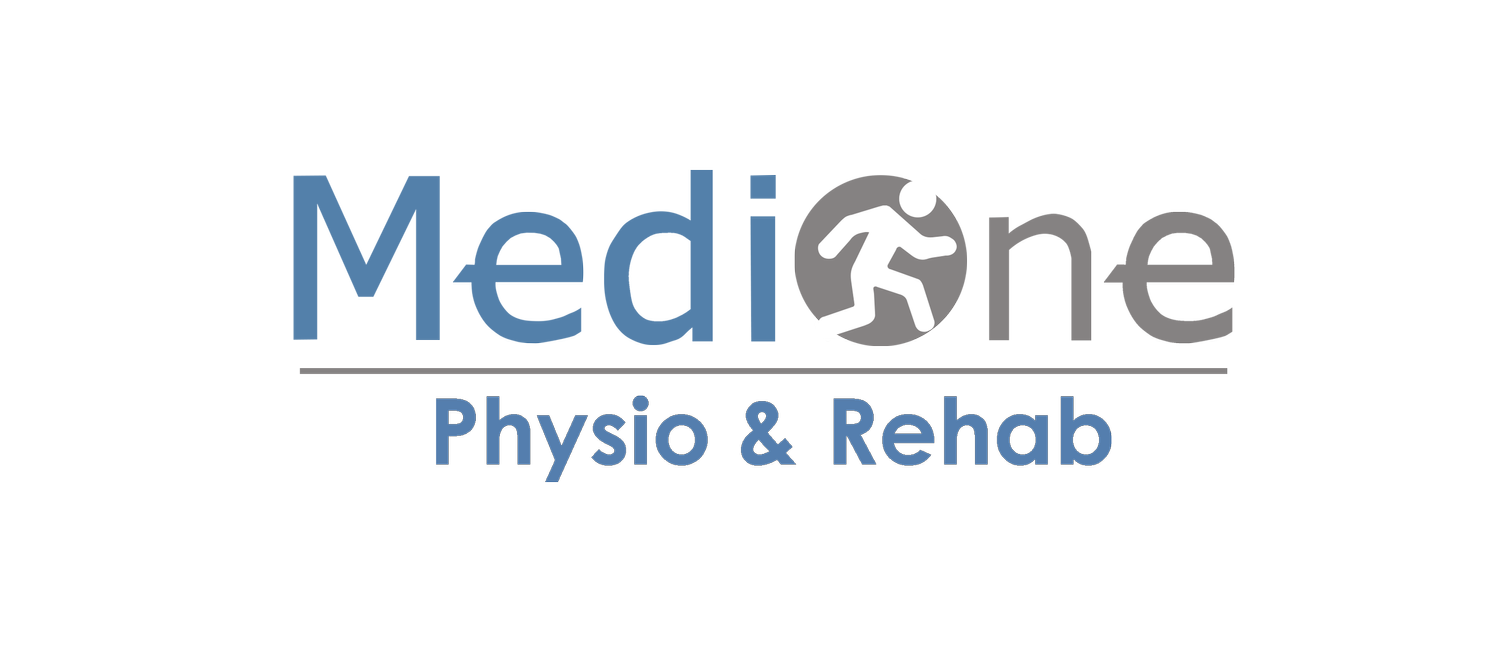4 Ways Physiotherapy Can Help You After Surgery
Whether you are having surgery for a knee or hip replacement due to arthritis, spine surgery for back pain, or surgery to fix a fracture, there are times when surgery is simply unavoidable.
Physiotherapists are a pivotal part of your interprofessional healthcare team. Physiotherapy can help your surgery be more successful and your recovery faster and less painful.
Physiotherapy has a role both before surgery and during your recovery from surgery. Post-surgical physiotherapy is perfect for anyone undergoing orthopedic surgery, regardless of age, type of surgery, or any other factor.
In this article, you’ll learn 4 ways your physiotherapist can help you in your recovery after surgery, so you can experience the same great success.
Physiotherapy Can Reduce The Need For Medications
After you have any kind of surgery, you’ll usually be prescribed painkillers to help with pain management. Often, your surgeon will also advise you to do some light movement or specific exercises, which is one reason pain management is so important.
One way your physiotherapist can help you reduce your pain is through modalities, such as ultrasound, electrical stimulation, ice and heat packs, and laser therapy.
Physiotherapists have specialized training in managing pain after surgery. For example, applying heat or heating ultrasound at the wrong location can actually result in more inflammation at the surgery site.
Another way physiotherapists can help you manage your pain is through joint mobilizations, massage, and stretches. This is because the stiffness in your muscles and joints can cause pain.
Another important way your physical therapist can help reduce the need for painkillers is by kick starting the healing and decreasing the stiffness and pain you’ll have later on in your recovery.
Physiotherapy Can Optimize Healing
By ensuring optimal healing and reducing scar tissue, your surgery site will be less stiff and painful to move when it’s time for the more demanding parts of your physiotherapy treatment.
Without the expert guidance of a physiotherapist, your surgery can result in future limitations. Your surgery site needs specific treatments and movements to ensure that the new tissue your body produces works just as well as the rest of the tissues in your body.
When you undergo surgery – or any kind of injury that is – your body produces a specific type of tissue called scar tissue. Scar tissue tries to mimic your regular tissue, but in the presence of inflammation, pain, and lack of movement, it can get really messy in there.
That’s why physiotherapy is so important. As I explained previously, physiotherapy modalities can help reduce inflammation and pain. And less pain means what? More movement!
Once your scar tissue heals and settles, it is much more difficult to change, organize, or repair, so the best time to do it is right from the get-go!
Messy and disorganized scar tissue results in:
Decreased range of motion
Decreased strength
Increased pain
Increased risk of injury
And ultimately… decreased function
Additionally, physical therapists also have specific manual therapy techniques to ensure your surgery heals properly. All in all, a good outcome needs a good process, and your physiotherapist can make sure of that!
Physiotherapy Can Maximize Function Through Optimal Strength And Range of Motion
Numerous studies have shown that those who get back to moving in a controlled manner have shorter recoveries and better outcomes after surgery.
Your physiotherapist will help you with a specialized treatment plan which includes:
Strengthening exercises
Stretches and range of motion exercises
Balance and coordination exercises
These exercises are essential in ensuring your surgery not only heals pain-free but also ensure you are strong and moving well.
Your physiotherapist wants to make sure you recover with the same amount of strength and motion, if not more. After all, these are the two most important factors when it comes to preventing future injury and maintaining adequate function.
Physical therapists are movement experts and will know exactly what precautions you need to take to make sure your recovery goes well.
When it comes to the latter part of your recovery your physiotherapist wants to get you back to doing what you love doing and what you need to be doing. Your goals are their goals.
By this stage, your physiotherapist will know you very well and will have an excellent understanding of your goals. They’ll know the types of things you need to do at home and at work as well as your favourite hobbies. At this time, your physiotherapy will expand your highly customized treatment plan to include very specific functional exercises which will mimic your life’s tasks.
Support With Bracing
After a successful recovery, there may also be times when you’ll need some extra protection.
There are hundreds of different braces out there for each part of your body and it can get very confusing trying to pick the right one. Physiotherapists have specialized training to pick the best brace for you based on your surgery and your functional goals. They can also help you correctly size, fit, and adjust your brace.
Braces can be an amazing way to get your life back after surgery regardless of your age, job, hobby, or sport. Whether you’ll need a short-term brace for the time being or you need a brace to last you a lifetime, your physiotherapist can help pick the right one for you!
Post-Surgery Physiotherapy Is Essential For Everyone
Whether it’s making sure you live a healthy life by minimizing the number of painkillers you’ll need to take or if it’s making sure you heal with enough strength so you can power through your days once you’ve healed, physiotherapy is an essential part of surgery recovery.
Physiotherapy can help both before and after your surgery. If you are having surgery sometime soon, now is the perfect time to book your appointment to make sure you are prepared for your surgery as well as the recovery following.
FAQ
-
The best time to start physiotherapy after surgery is… right away! In fact, with some surgeries, you’ll be greeted by a physiotherapist the day after or even the same day as your surgery.
Importantly, studies have shown that actually starting your physiotherapy treatment before your surgery leads to better outcomes!
-
Physiotherapy after surgery generally aims to lower your pain levels. Thus, you can expect to be in less pain and even take fewer painkillers with physiotherapy.
In the latter parts of your physiotherapy treatment, your physiotherapist may give you exercises or perform manual therapy that can cause some discomfort. This discomfort is completely normal.
To ensure you heal well and have adequate strength and range of motion, some discomfort with specific movements is expected.









